The Truth About Sugar and the Problem with Artificial Sweeteners
Article posted in:
Kidney Health
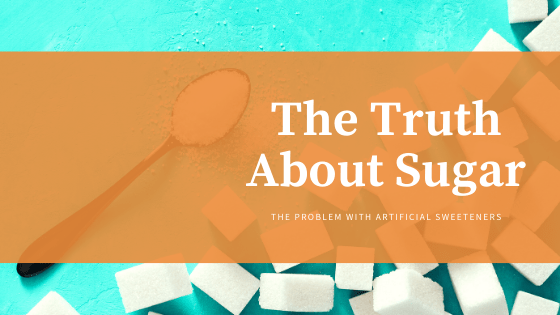
By Marlena Chesner
This content is for educational purposes only. It is not intended to be a substitute for professional medical advice, diagnosis, or treatment. Always seek the advice of your physician or other qualified healthcare providers with any questions you may have regarding a medical condition. Never disregard professional medical advice or delay in seeking it because of something you have read on this Website.
The truth about sugar
When you think about sugar, what comes to mind? Do you imagine sprinkling white sugar into coffee, splashing maple syrup or honey on pancakes, or packing cups of brown sugar for cookies? Did anyone think about cutting onions, drinking milk, or biting into an apple?
Probably not. But, all these things do have one crucial thing in common: sugar. The difference is, sugars in fruits, vegetables, and milk are naturally occurring. The ones we add to our cereal, cakes, soda, and protein bars are not.
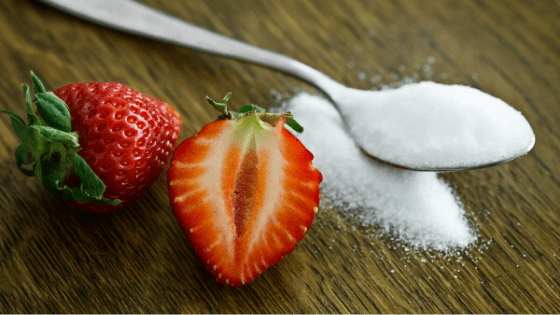
According to WebMD “Sugar is a class of carbohydrates that tastes sweet. It is also a quick and easy fuel for the body to use. Some types of sugar are lactose, glucose, fructose, and sucrose.” (1)
WebMD, “What is Sugar?”
Controlling sugar intake
So, sugar is just a carbohydrate. And, carbs are not inherently bad! (Here’s an entire article about them!). Still, that doesn’t mean we should eat sugar by the bucketful. According to The American Heart Association, men should consume no more than nine teaspoons of sugar a day. Women should only be consuming six teaspoons or less a day. (2)
The University of California San Francisco’s website Sugar Science: The Unsweetened Truth, explains that overeating sugar can cause the following metabolic syndromes (clusters of symptoms)
- Large waist size
- High Triglycerides (a type of fat in the blood)
- Build up of Cholesterol
- High blood pressure and high blood sugar (3)
These types of syndromes may increase many people’s risk of developing heart problems, uncontrolled blood sugar, liver problems, and kidney problems. (4)
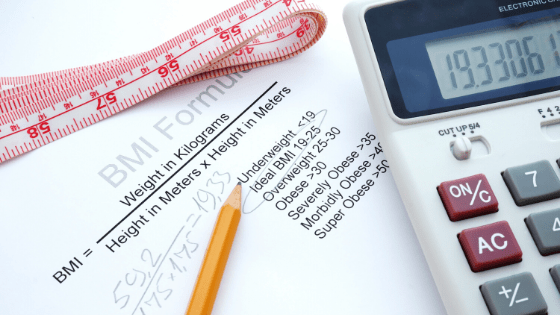
How to control sugar intake
- Ditch sugary drinks. That means no soda, juice, and sugary alcoholic beverages. If you’re craving a sweet drink, try a cup of tea with a dash of honey or water down a low-sugar juice.
- Make your baked goods and cook at home so you can control how much sugar goes into it
- Before you buy, read labels. There are at least 61 different names for sugar. Some of the most common ones include “cane sugar, brown sugar, corn syrup or high fructose corn syrup, beet sugar, barley malt, maple syrup, rice syrup, juice concentrate, honey, turbinado, and muscovado.” Also, keep an eye out for ingredients ending in “-ose,” as they are sugar. (5)
- Eat whole foods like fruits and vegetables.
- Plan a small “cheat” or a “treat” at least once a week. This could help you from snapping and binging on sugar after a few hours, days, or weeks of intense sugar restriction.
Why you shouldn’t do this by replacing sugar with artificial sweeteners (non-nutritive sweeteners)
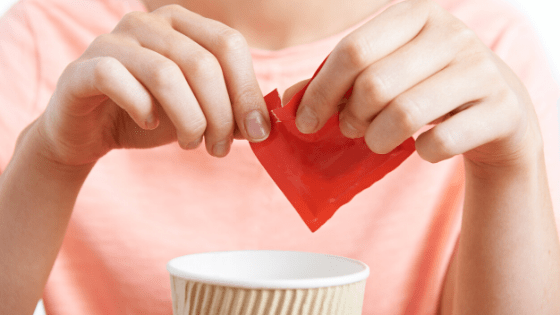
Artificial sweeteners, or non-nutritive sweeteners, exploded in popularity for their ability to taste sweet without the added calories. (6) The problem with this outlook? Living a healthy lifestyle involves loads more than calorie counting.
The no-calorie trade-off
These types of non-nutritive sweeteners are sweeter than their nutritive sweetener counterparts. This can reprogram your brain to want MORE sugar. (7) They can also trick you into believing an unhealthy food item IS healthy because it has “less sugar.”
The most common artificial sweeteners
According to Sharecare.com (8) the most common artificial sweeteners* include
- Acesulfame Potassium – Sunett®*, Sweet One®*
- Aspartame – Nutrasweet®*, Equal®*
- Neotame – N/A
- Saccharin – Sweet ‘N Low®*, Sweet Twin®*, Sugar Twin®*
- Sucralose – Splenda®*
- Stevia/Rebaudioside – A Sweet Leaf®*, Sun Crystals®*, Steviva®*, Truvia®*, PureVia™*

Grocery stores, convenience stores, and online shopping have made it easier than ever to get our quick sugar fix. Even knowing the truth about sugar, convenience, and social pressures make sugar hard to resist.
We challenge you to think mindfully about how much and what types of sugar (or artificial sweeteners) you consume and to find creative ways to make your food taste good without an abundance of sugar. Try it for a few weeks or months and see how you feel! You might end up loving it and never going back.
Do you have a low sugar recipe that you love?
Share it with us and our followers on Facebook and be sure to like and follow the page yourself!
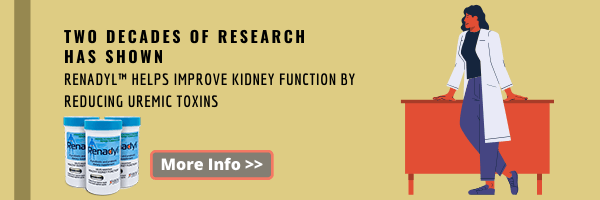

Works Cited
(1) What is sugar? (n.d.). Retrieved from https://www.webmd.com/diabetes/qa/what-is-sugar
(2) How much sugar is too much? (n.d.). Retrieved from https://www.heart.org/en/healthy-living/healthy-eating/eat-smart/sugar/how-much-sugar-is-too-much
(3) Sweet science. Unsweetened truths. (2014, October 22). Retrieved from https://sugarscience.ucsf.edu/
(4) Causes of Chronic Kidney Disease. (2016, October 1). Retrieved from https://www.niddk.nih.gov/health-information/kidney-disease/chronic-kidney-disease-ckd/causes
(5) Johnson, J. (2019, December 13). No-sugar diet: 8 tips and health benefits. Retrieved from https://www.medicalnewstoday.com/articles/319991.php#health-benefits
(6) Rubin, A. (2016, December 6). History of Artificial Sweetners. Retrieved from https://jamaicahospital.org/newsletter/history-of-artificial-sweetners/
(7) Strawbridge, H. (2020, February 3). Artificial sweeteners: sugar-free, but at what cost? Retrieved from https://www.health.harvard.edu/blog/artificial-sweeteners-sugar-free-but-at-what-cost-201207165030
(8) What are common brand names of artificial sweeteners?: Artificial Sweeteners. (n.d.). Retrieved from https://www.sharecare.com/health/artificial-sweeteners/what-common-brand-artificial-sweeteners
*These Brands are the owners of their respective companies.


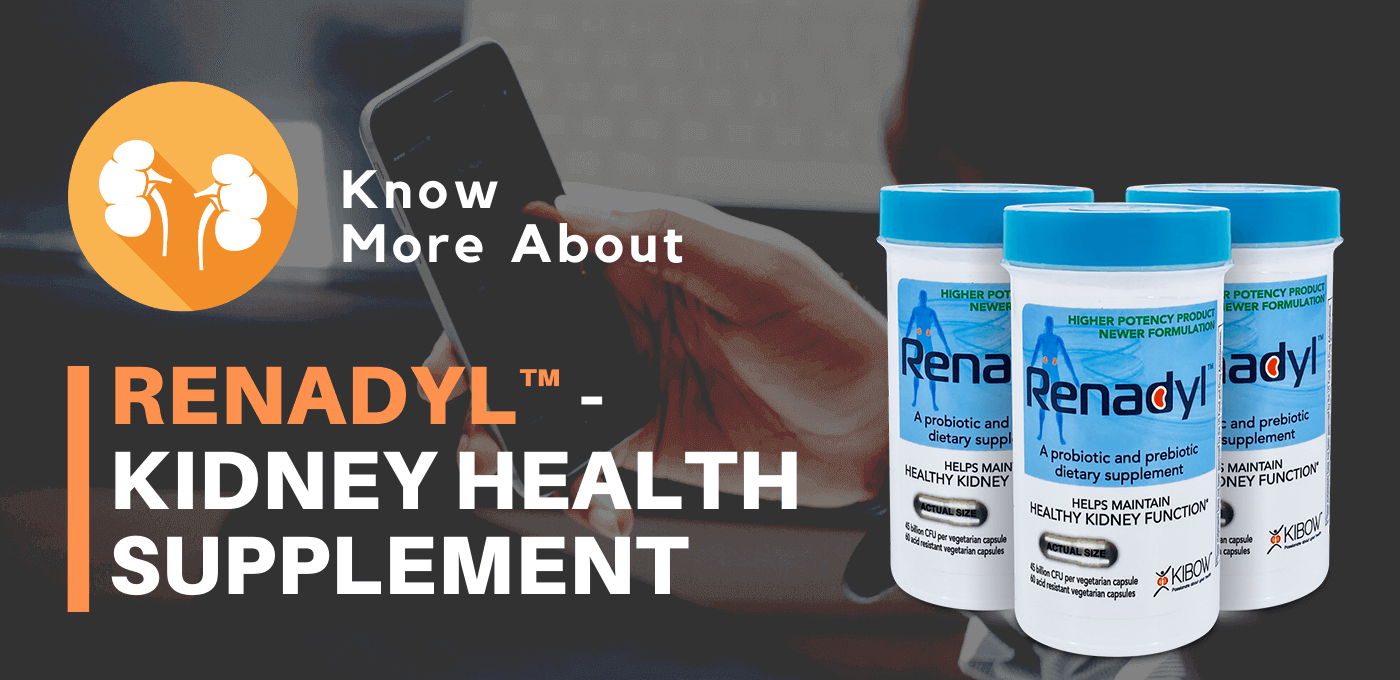
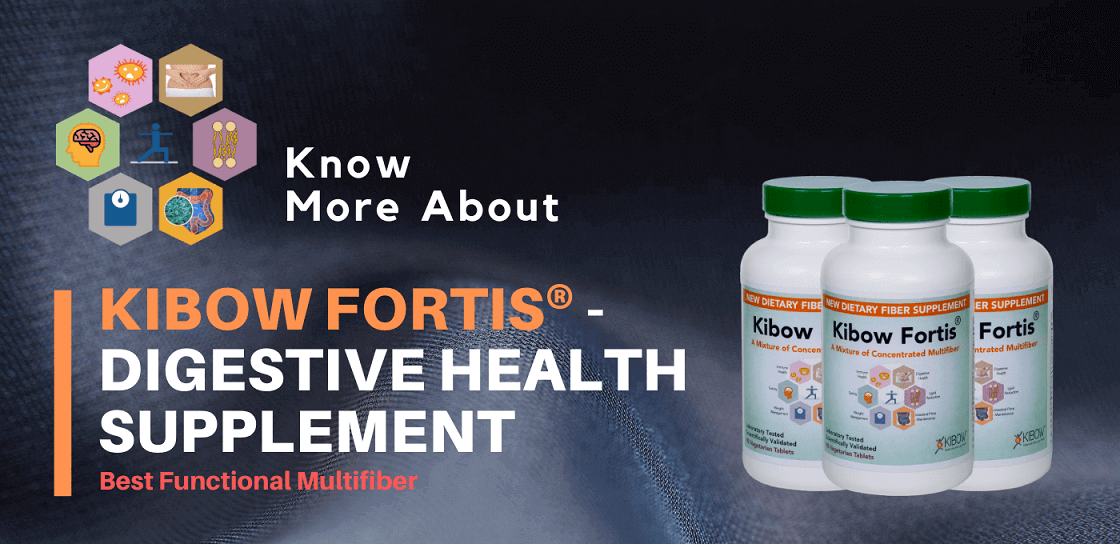
Comments
Leave a Comment